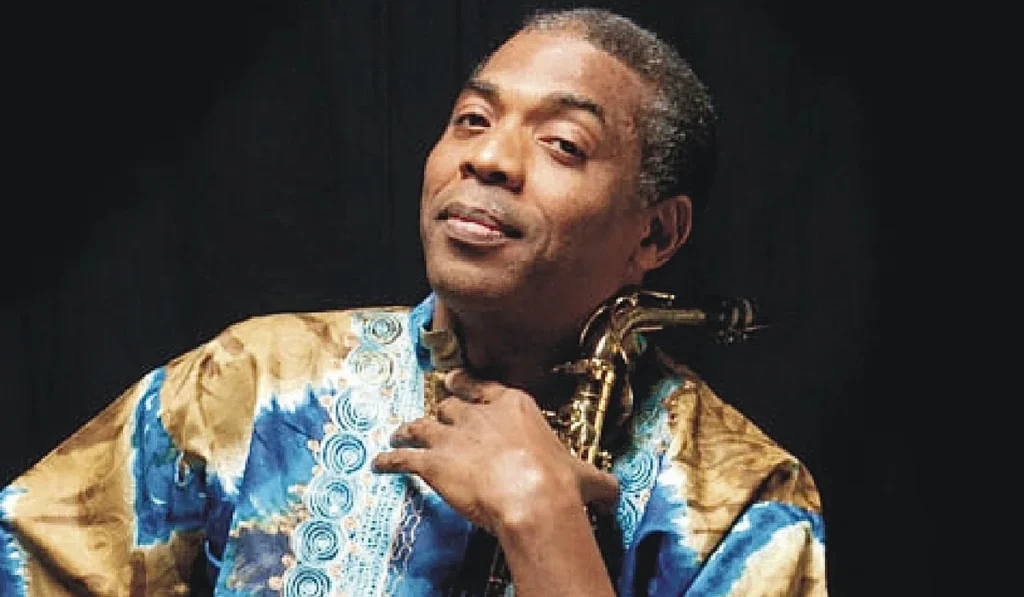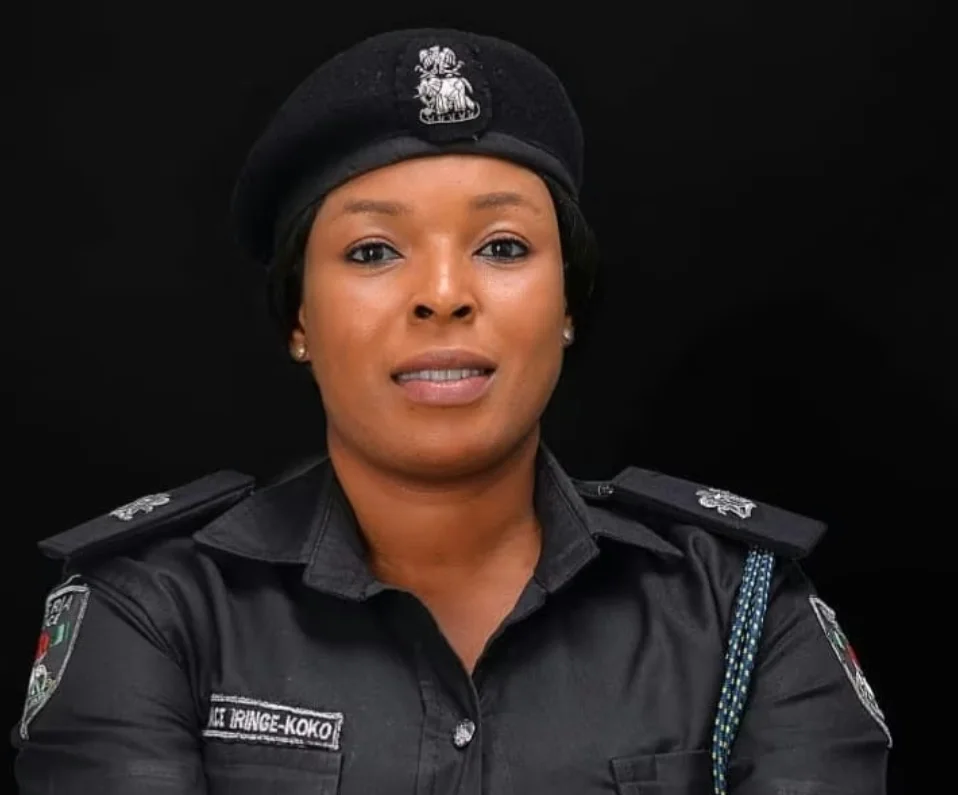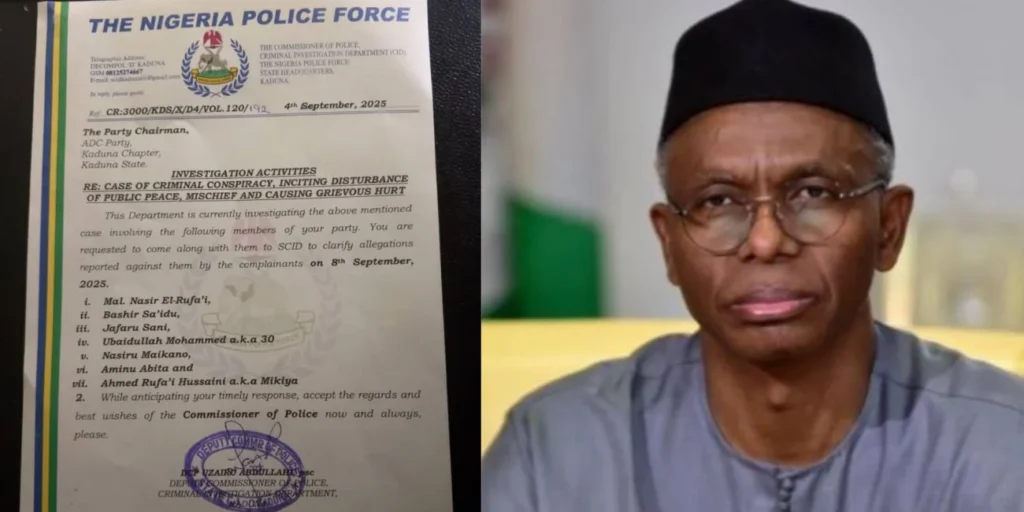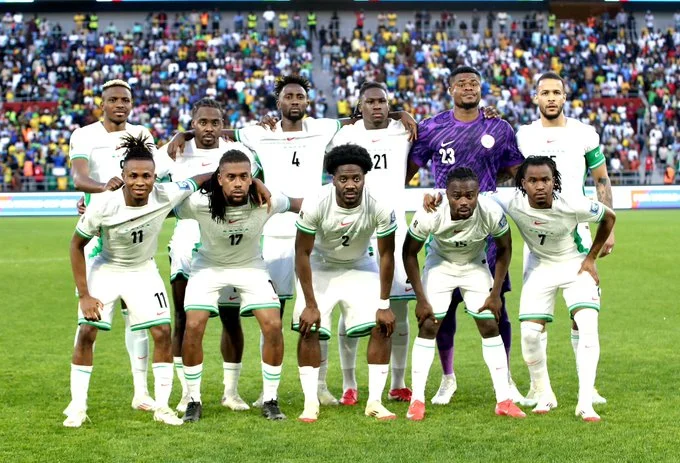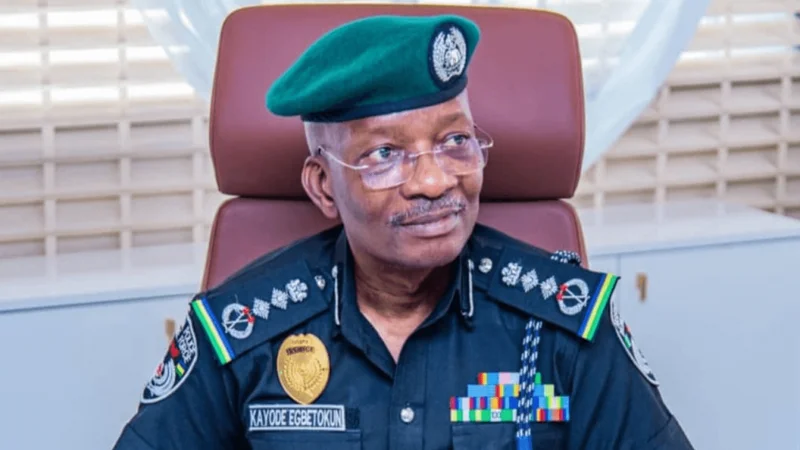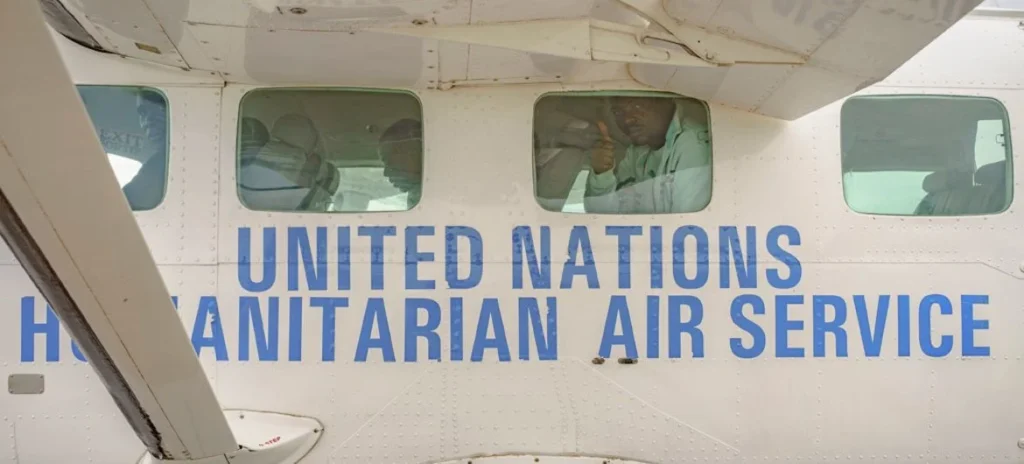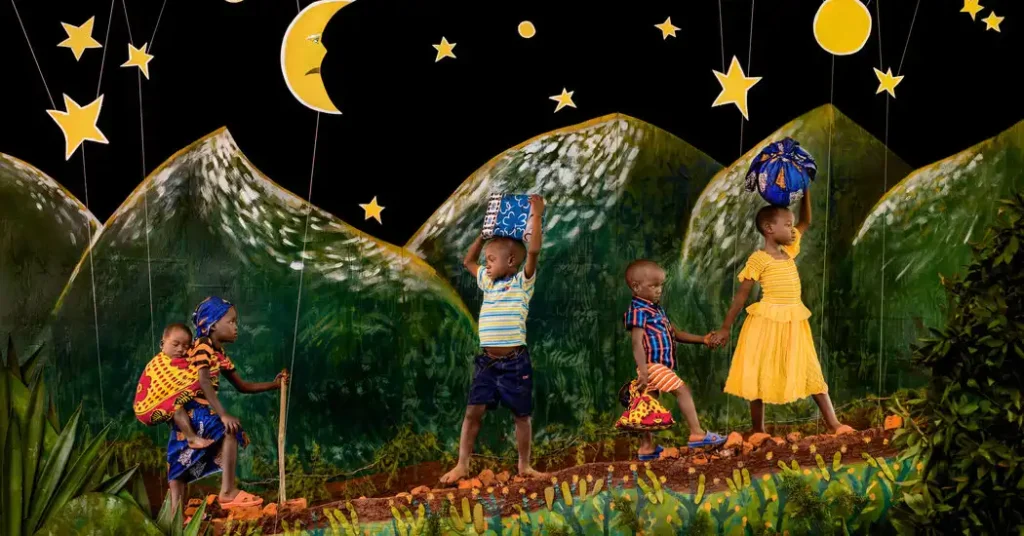When a short video of Rivers State Police spokesperson SP Grace Iringe-Koko went viral this week, it did more than spark jokes on X — it turned a petty dating gripe into a criminal warning. The police are now publicly telling women that collecting a man’s “transport fare” for a date (and then not turning up) can amount to obtaining money by false pretence — a 419 offence — and could lead to arrest and prosecution.
Fasten your seatbealt, let’s dive into a sharp and hard-hitting unpacking of what the police said, why this is blowing up online, how the law actually works, and — because nobody likes surprises from the law — practical steps both men and women should keep in mind.
“Why Would You Collect Money And Not Go?” — The Police Speak
In the video, SP Grace Iringe-Koko asks a blunt question: “Why would you collect money from a man without going to see him? It is an offence, a punishable offence. It is obtaining money under false pretence. 419.”
She warned that where complaints are lodged, the police can investigate and suspects prosecuted.
That short clip crystallised two things at once: the police are treating what many considered a social nuisance as potential fraud, and they’re making a public example to discourage the trend.
The Law — Can “No-Show” Really Be 419?
Short answer: maybe — but it depends on evidence and intent.
Under the Criminal Code (the offence commonly called “419”), an offence occurs when someone obtains money by false pretence — that is, they deliberately mislead another person to give them money.
The police are saying that if a woman takes transport cash with the intention not to meet, that could be construed as a false pretence. Conviction would depend on proving intent, timing, and that the complainant relied on the deception. Reports note penalties can include prosecution and jail terms where the charge holds.
But there’s a problem: intent is hard to prove. Did she accept the money thinking she would come but got held up? Was she coerced to accept it? Or was she deliberately fraudulent? Courts look for messages, witnesses, bank or transfer logs, and patterns — not just hurt feelings.
How Prosecutions Would Actually Work
If a man decides to press charges, here’s what will be needed to make a case plausible:
* Proof of payment — bank transfers, mobile money, or a trail of airtime purchases.
* Communications showing intent — chats where the woman agrees to meet.
* Evidence she never showed up — witness testimony, CCTV, or other corroboration.
* Pattern — if she has a history of similar behaviour, that strengthens the complaint.
Absent these bits, a domestic spat risks becoming a case the courts dismiss — but not before reputations are damaged.
Practical Advice — What Men Should Do Before They “Send Transport”
If you’re tempted to help someone travel to meet you, here are sensible precautions that will protect you and keep things civil:
1. Use traceable transfers (bank or reputable mobile money) — no cash-in-hand if you want a record.
2. Make terms clear in writing — agree on meeting time/place, then screenshot the chat.
3. Ask for a small deposit rather than full fare — it reduces risk and expectation.
4. Avoid sending money to strangers you’ve never met — treat online dating like any other transaction.
5. If you feel scammed, keep evidence before you post angry videos — emotion can harm legal prospects.
These aren’t romantic tips — they’re survival tactics in a digital dating economy where money and feelings mix.
What Women Should Keep In Mind
For women, the police warning is a stark reminder that casual etiquette can become legal trouble:
* Be honest. If you accept money and can’t make it, return it quickly and explain.
* Communicate. A quick apology and refund defuse most disputes.
* Guard your privacy. Avoid sharing phone numbers or bank details with people you don’t trust.
* If accused unjustly, save your chats and receipts — you may need them.
The Slippery Slope: Policing Romance vs Targeting Real Fraud
There’s a real tension here. On the one hand, fraud is fraud — whether it’s N5,000 or N5 million. On the other, turning the criminal code into a dating rulebook risks criminalising ordinary, messy human behaviour.
You May Like: Just In: Police Summon El-Rufai and Top ADC Leaders Over Criminal Conspiracy Ahead Of Coalition Meeting Chaos
Law enforcement must avoid being a tool for humiliation or social revenge. Civil remedies, mediation, and digital platform safeguards might be better first steps than immediate criminalisation.
Social media reaction shows exactly that split: people who want rules; people who fear weaponised justice.
Lessons From A Changing Dating Economy
The police warning exposes how technology and money have changed simple social rituals. “Transport fare” used to be small kindness; now, with mobile transfers and dating apps, it’s a traceable transaction. That should push both sides toward clearer conduct: men who send money need smarter safeguards; women who accept it need to act honourably; and police should use restraint — focusing on clear fraud, not turning love lives into criminal records.
If you’re laughing at the headlines, remember: for someone on either side, this can quickly become expensive — legally, emotionally, and reputationally. The best rule of thumb? Treat money and romance as separate transactions — unless you want the police involved.



